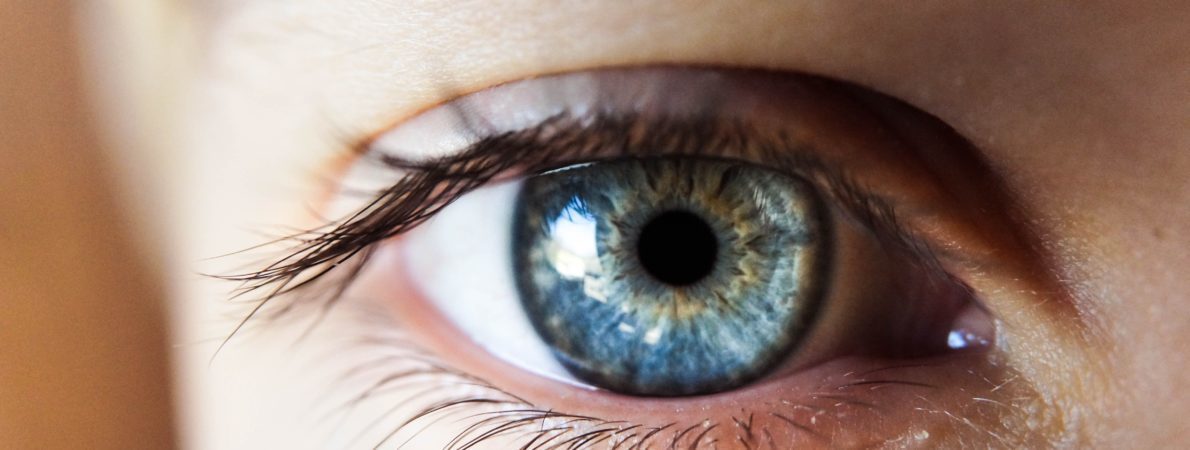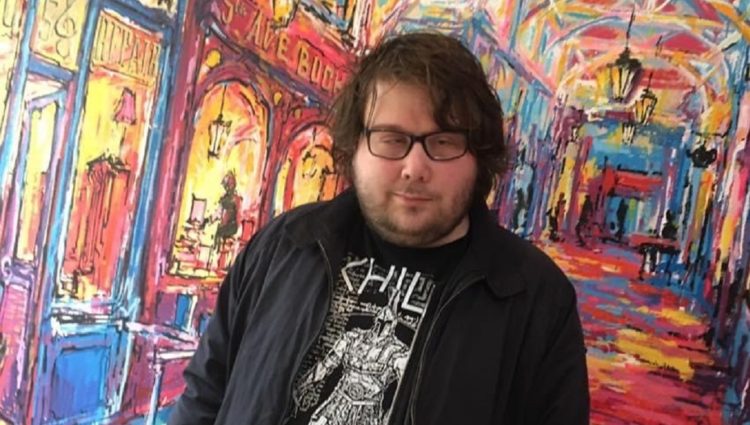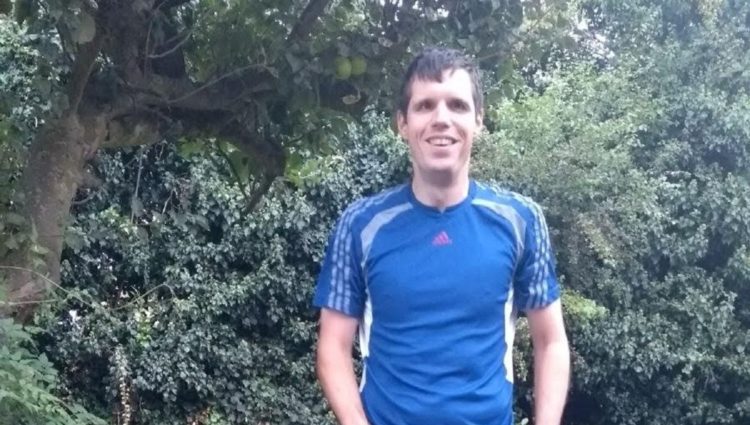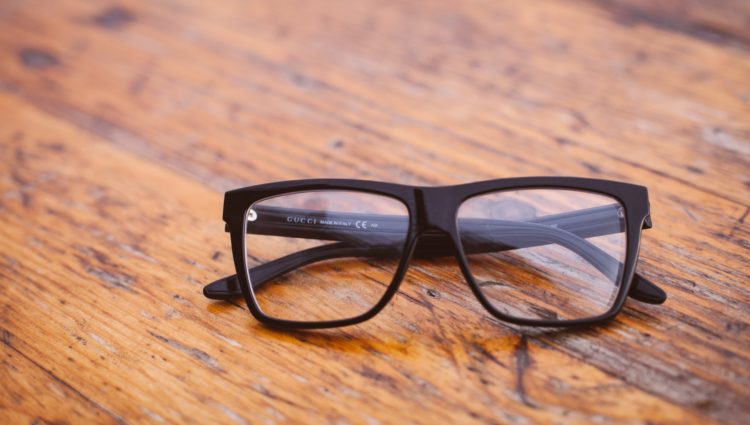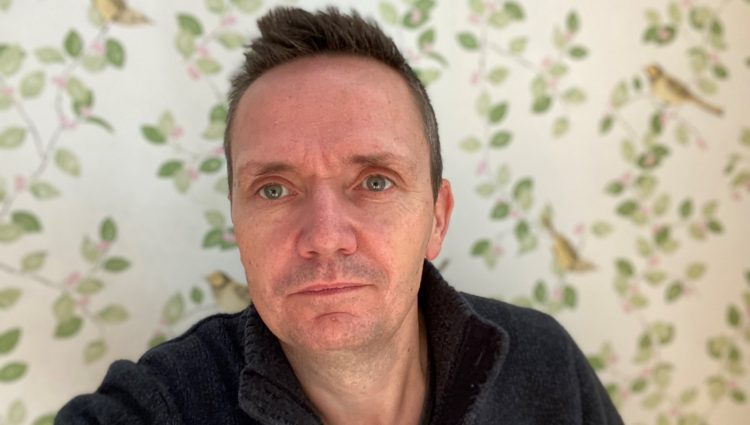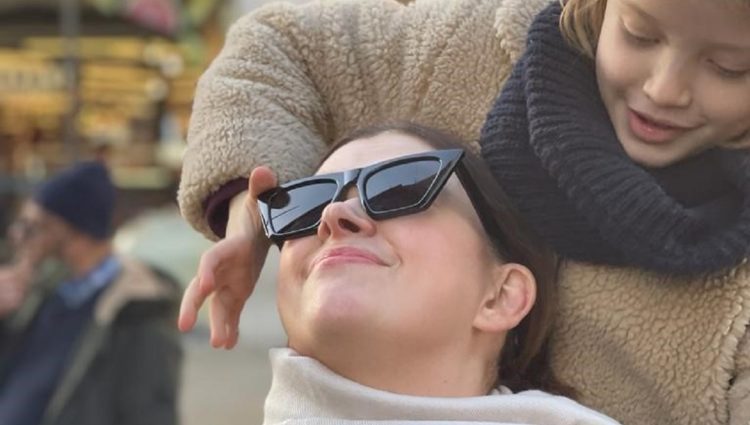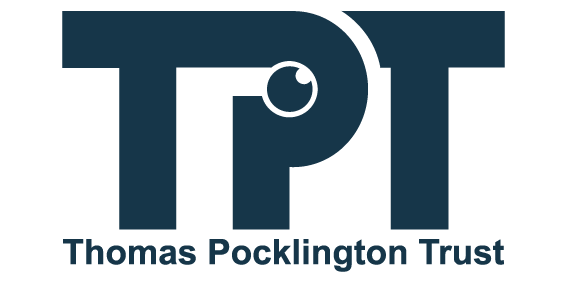As part of National Eye Health Week 2022, we asked people to tell us their stories about eye health and the importance eye health tests and eye health awareness more generally.
This is Sam’s story
“At the age of 24 I was diagnosed with background Diabetic Retinopathy. It wasn’t at a stage where treatment was required so I didn’t think too much of it, although I was told I may need to be seen in clinic for a checkup.
“Whilst I was waiting to hear back from the medical retina department at my local hospital I was working out at the gym when I noticed something obstructing my vision in my left eye. I waited a day and after realizing nothing had changed, I took myself to A&E.
“My local hospital couldn’t quite understand what I was experiencing, thinking that I had had an accident and got something in my eye. When I explained that I was a type 1 diabetic and had background retinopathy they did a referral to the Eye A&E 15 miles away. It was quickly discovered that I had had a hemorrhage at the back of my eye and my referral to the Medical Retinal clinic was expedited.
“On attending my first MR appointment, it quickly became apparent that the bleed had caused a lot of scar tissue and new blood vessels were appearing very quickly. Within weeks, I had gone from slight changes and early background retinopathy to proliferative Diabetic Retinopathy in both of my eyes. The rapid progression of the disease meant that some forms of treatment had been surpassed and the team opted for extensive laser surgery to stop the vessels from growing and leaking. We had asked about other treatment options and was told that surgery could be an option, but it is the last resort and they didn’t like doing it.
“With rapidly deteriorating sight, I remember sitting in the consulting room listening to my mum ask the consultant if they thought I was losing my sight. To which they responded ‘Yes, I think she is.’ Hearing those words wasn’t something I ever thought I would hear, especially at such a young age. We, as a team decided that it was necessary for me to be seen by a specialist at Moorfields as my condition had deteriorated so rapidly.
“I went to the clinic that same day and was put straight on the list to have more invasive surgery to hopefully save what sight I did have left. It was a very traumatic time, lots of not knowing, wondering and being optimistically hopeful that this surgery would ‘fix everything’. In reality, the surgery was never going to make my vision better but would hopefully prevent further irreversible damage. After a year of back-to-back treatment I was registered as Sight Impaired and had lost a great deal of confidence. I was then reregistered as SSI after complications from surgery caused significant scarring and cataracts.
“I was made redundant from my job which I loved and I felt like my whole identity had been lost. My life had just started to flourish, I had graduated from university 2 years previous, got married and found a job where I felt I was making a difference. When I lost my sight, I lost my job, my identity, independence, and self-worth, I had lost myself. I spent a while in quite a dark place and had little support from the hospital to come to terms with this loss.
“It was only after seeking support from my family that I was put in touch with support networks, learning about ECLO’s and the Low Vision clinics. This was certainly a revelation, and this is where my world opened back up. I am a true advocate for emotional support being offered at the right time, being sensitive to the situation when delivering potentially life-changing news, informing the patients of all the support networks which are available and when supporting patients in clinics to ensure you are aware of their accessibility needs, (calling a name and then disappearing into a room is not the most helpful when you can’t see very well.)
“In my case, my eye condition progressed so rapidly because I had lowered my HbA1c (long term glucose control test) too quickly. It has now been widely researched, but at the time of my diagnosis this hadn’t happened. It is so vital that people with diabetes are aware of the potential complications, ensuring they get their annual Diabetic Eye screening done, ask questions about treatment options and don’t be afraid to ask for a referral to a larger or specialist hospital. If you are told to lower your HbA1c level, do it slowly, seek support from the diabetes team and always be kind to yourself.
“I have learnt that looking after your eye health and emotional well-being is essential to each other. Ensuring both of these aspects are integrated means we are able to live our lives to the full and not just exist. There is life after sight loss. My life is a great deal richer now.”

